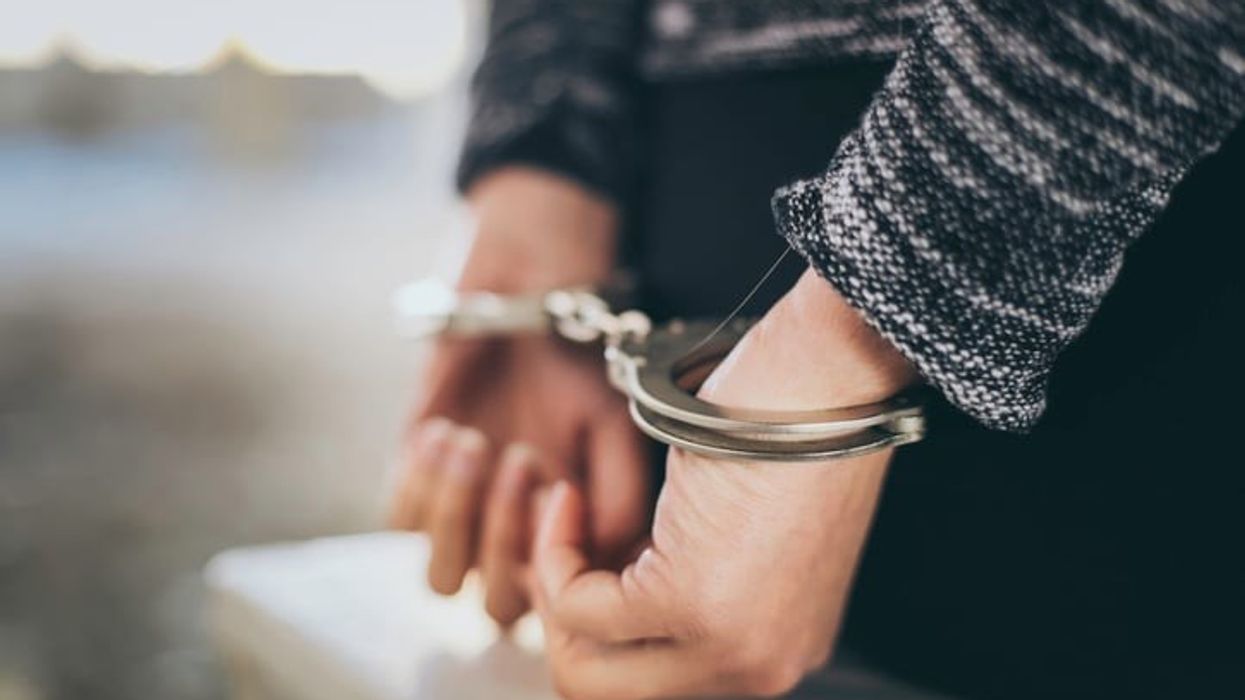AN Asian mother of a six-month-old baby said that she was treated "like a criminal" after her son's birthmarks were mistaken for bruises.
Laxmi Thapa, a Nepalese national living in Basingstoke, was held in police custody until medical examinations confirmed she had not harmed her baby, reported the BBC.
Her son was born with blue spots—blue-grey markings common on babies with brown or black skin. After being referred to a hospital in Basingstoke, she was arrested when medical staff and police followed procedures for suspected child abuse.
Campaigners have called for better awareness of the condition and said misdiagnosis can be "devastating" for wrongly accused families.
According to the NHS, blue spots are marks that look blue-grey on the skin, similar to a bruise. They are often found from birth on the lower back, bottom, arms, or legs, and are most common on babies with brown or black skin. These marks do not require treatment and will usually disappear by the age of four. They are not a sign of a health condition.
Thapa had taken her baby to her GP in May after becoming concerned that the blue spot markings had become darker and he had developed new ones.
Her son's existing blue spots—sometimes known as Mongolian blue spots—on several parts of his body had been noted in his medical records following his birth in November.
Thapa was referred to Basingstoke and North Hampshire Hospital, where she was arrested by police on suspicion of actual bodily harm and neglect of her baby.
The 29-year-old, who was breastfeeding at the time, spent 20 hours in a cell at Basingstoke Police Station until being released pending a medical report.
"It was hard for me. I have never been separated from my baby since his birth. At that time, I was like a criminal. I stayed overnight in a cell like a criminal. Without medical proof, they put me in custody," she was quoted as saying.
Her baby was looked after by the hospital while she was detained, and she was permitted to express milk to allow him to be fed.
After her release, a social services home visit determined her son was not in danger.
A series of scans later showed no skeletal injuries, and a dermatologist determined the markings were blue spots and not bruises. Police confirmed no assault had taken place.
Faye Wheeler, founder of the Blue Spot Campaign, mentioned that they regularly hear about misdiagnoses of these birthmarks, which can appear after a child is born. According to her, this often causes distress for families and undermines trust in healthcare professionals. She also highlighted a lack of education and training on the issue.
Hampshire Hospitals NHS Foundation Trust said they couldn't discuss specific cases but assured that their staff follow established guidelines. They starssed their priority is safeguarding babies and children, acknowledging the complexity in distinguishing between suspected bruises and Mongolian blue spots.
Detective chief inspector Gemma Anacora, from Hampshire Constabulary, explained that police intervene automatically in child safeguarding cases. She expressed sympathy for the difficult situation, stating that procedural steps, including arrest for evidence gathering and child protection through bail conditions, were followed.
Independent child protection researcher Dr Bernard Gallagher, from the University of Huddersfield, commented on the need for agencies to intervene appropriately in suspected child abuse cases. He acknowledged the challenging balance between acting swiftly and potentially making errors.
Thapa revealed that she received a verbal apology from a doctor. She described her experience as unacceptable and hopes others won't face similar separation from their babies.





